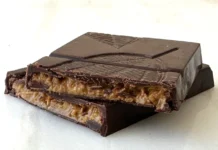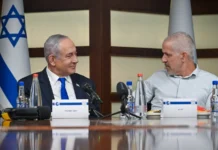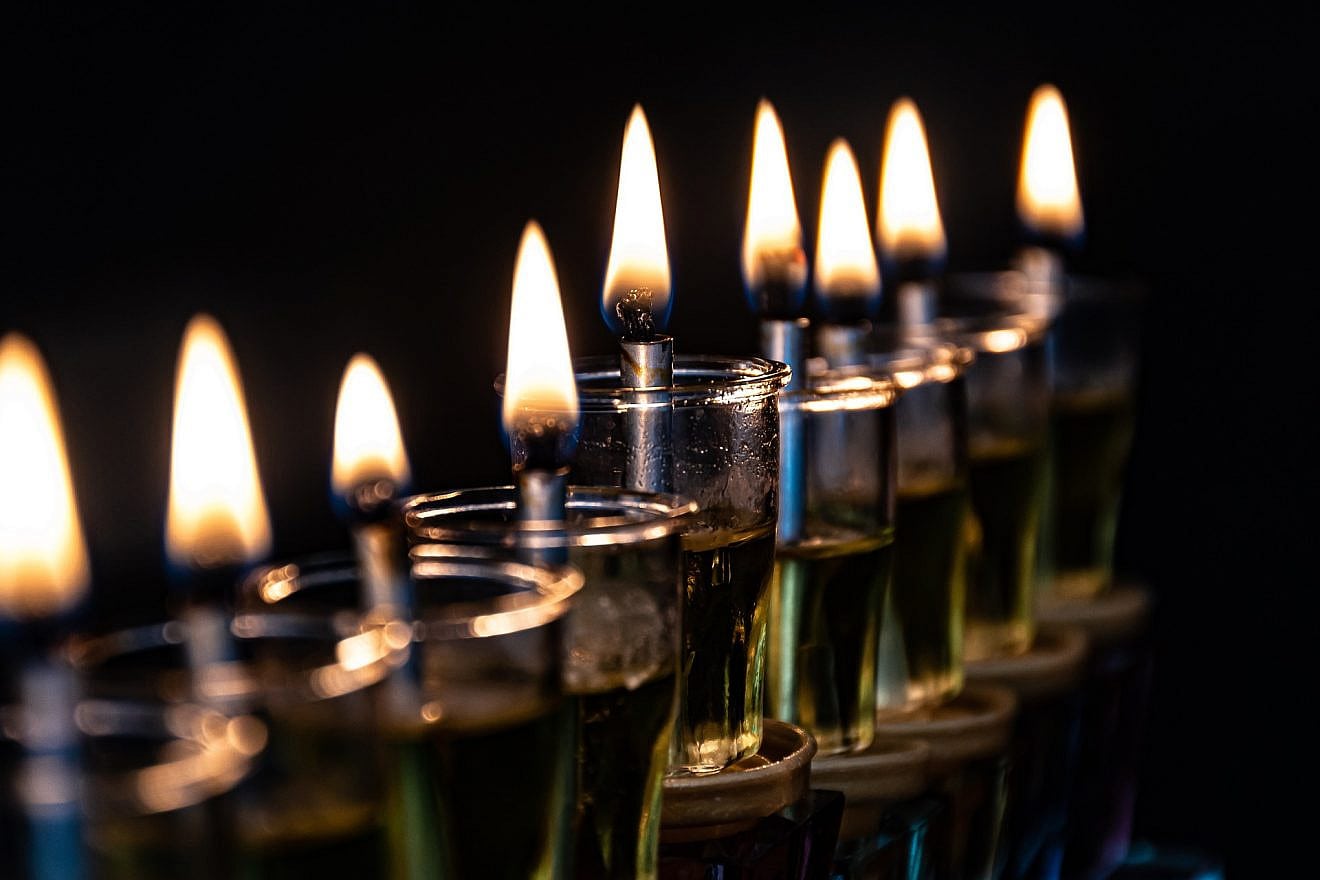There is some debate among the sages regarding the miracle of Chanukah. There are those who argue that the miracle was that a day’s worth of oil lasted eight days. There are others who argue that the miracle was the victory of a small band of Jews against an enormous Syrian-Greek army.
As the story goes, after the Syrian-Greeks had conquered the land of Judea, there was an attempt by the mad king Antiochus to impose Hellenistic law and culture on the Jews, and to purge them of their devotion to God and Torah. While thousands died as martyrs rather than bow to the Greek gods, many more were forced to comply until a small band of Jews led by Judah Maccabee fought back. They took to the Judean Hills and battled against all odds against the invading forces. After a series of unlikely defeats, Antiochus sent 40,000 soldiers to crush this rebellion, but the Maccabees miraculously prevailed.
After their victory, the Jewish priests entered the Temple to cleanse it of the idols that the Seleucids had installed there. They purified the Temple vessels and prepared a new menorah to be lit in the sanctuary daily. But they could find only one jar of oil that had not been defiled, enough to burn for one day. They poured the oil into the menorah and reignited the Temple’s flame. It took eight days to procure additional oil, and yet the menorah’s fire did not extinguish before the new oil was supplied.
So which is it? Which of these miracles does the holiday of Chanukah celebrate?
The answer is both.
In the Talmud, the miracle of the oil is mentioned explicitly: “And there was sufficient oil there to light the candelabrum for only one day. A miracle occurred and they lit the candelabrum from it eight days.” (Shabbat 21b)
Yet in the prayer that we recite daily throughout the eight days of Chanukah, there is mention of the military victory, “You delivered the mighty into the hands of the weak, the many into the hands of the few,” but no mention of the oil.
The Lubavitcher Rebbe—Rabbi Menachem Mendel Schneerson—explained that each of the miracles must be remembered and celebrated. The miracle of the military victory guaranteed our physical freedom and our right to live in our land without being ruled or dictated by foreign earthly forces. The miracle of the oil represents our spiritual freedom and our commitment to spreading the transcendent light of God’s Torah throughout His creation.
The message of Chanukah is particularly relevant this year as Israel once again battles for its land and its right to exist. The lesson of the holiday’s two miracles and its inherent dual nature is especially important for those who have been morally unclear about Israel’s imperative to protect itself and to unremittingly pursue the battle that it is has been waging against Hamas.
The calls for a ceasefire by those who have always opposed Israel are not surprising. They pretend to be concerned for civilian casualties, but they have not spoken out about the millions of civilians who have been murdered around the world by non-Jewish forces throughout the past decade alone. They mask their antisemitism in humanitarian jargon, but their hypocrisy is obvious and their intentions are clear.
The absurdist marriage of pacifists and jihadists is the result of a type of black-and-white thinking that fails to recognize nuance or view the world through a subtle spectrum of critical thought.
Yet there are those—both non-Jews and Jews alike—who have been calling for a ceasefire and are not inherently antisemitic or anti-Israel. It is they who are most in need of Chanukah’s dual message.
There is a moral confusion that has afflicted the minds of many well-meaning liberals who are currently standing against Israel, and its legally and ethically justified battle against Hamas. This confusion has placed many progressives shoulder to shoulder with fascists, bigots and misogynists who oppose everything that liberals otherwise believe in and fight for. How do such distinctly clashing forces become bedfellows?
It is an ideological colorblindness that creates this moral inversion. The absurdist marriage of pacifists and jihadists is the result of a type of black-and-white thinking that fails to recognize nuance or view the world through a subtle spectrum of critical thought. Those who scream “war is bad” are marching with those who blatantly call for mass violence and genocide. The “useful infidels” think they are chanting for peace when they parrot, “From the river to the sea, Palestine will be free.” They hear only the word “free,” but what they are ignoring in their anti-war fervor is that this “freedom” is not the coexistence that they purport to advocate, but rather the very ethnic cleansing that they decry.
What Chanukah offers is a moral clarity that derives from complexity. Idealists often fail to countenance subtlety, but truth is complicated and justice is measured in an intricate balancing of scales.
We celebrate both the miracles of the oil and the military victory on Chanukah because the holiday is about both light and war. Unfortunately, we Jews have learned the lesson repeatedly throughout history that our mission to illuminate the darkness is often violently opposed, and
the menorah can only be kindled after the dark forces have been repulsed. The conflict between light and darkness is a spiritual battle that each of us wages daily on an internal level, but it is also a physical battle that we have been forced to engage in on the actual battlefield at various occasions throughout the ages.
We yearn for a time when we can celebrate and promulgate the light of Torah without defending ourselves, our land and our right to live freely. We pray and work daily for the ideal future when nation will no longer lift up sword against nation. But we know that until that day comes, we need to be strong and resolute; we need to fight and finish the forces that attack us. We learn from our history and tradition that this world is not either spiritual or physical; it is both. It is a realm of darkness and conflict, in which it is our duty and purpose to kindle light and sow peace. Yet light and peace are not struck passively in this world; they require sacrifice, and they often come only when they are fought for.
Chanukah challenges us (and Torah trains us) to live with paradox—to be within the world and beyond the world simultaneously. There will be no ceasefire, but there will be fire kindled on menorahs around the world throughout the next eight days. As we light the Chanukah candles, we pray that all of the hostages will soon be returned, that our brothers and sisters on the front lines will be safe and protected, and that the glow of our flames will bring moral clarity to all of those who have been in the dark.


























